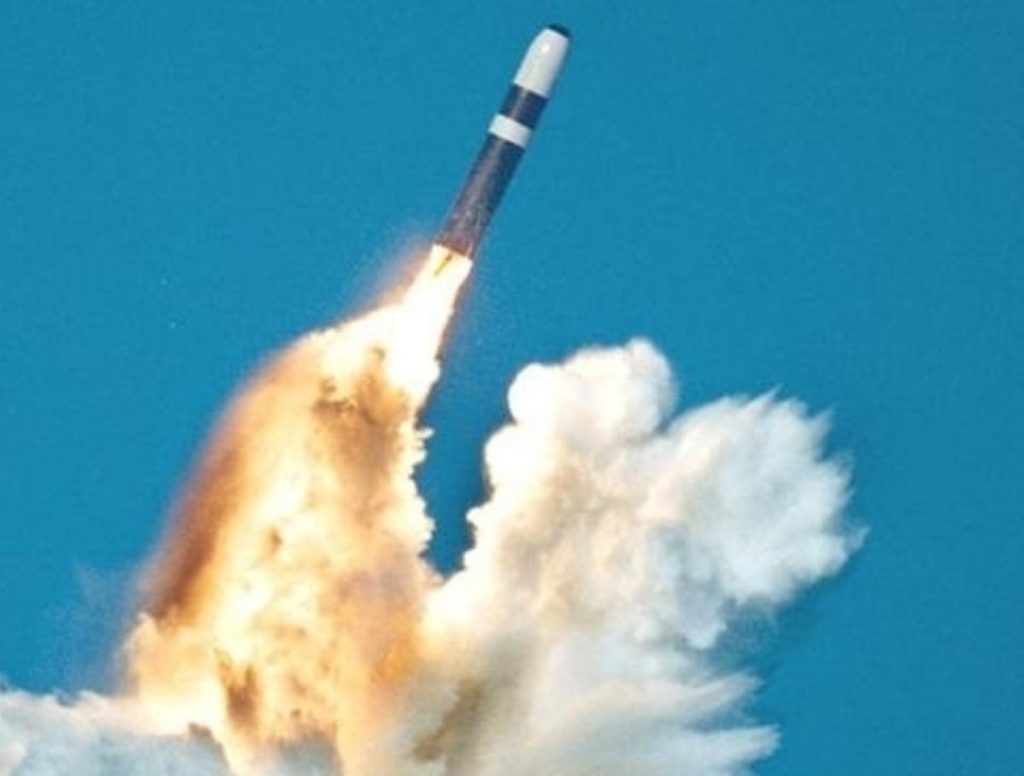Generals: Scrapping Trident a good idea
By Sasjkia Otto
Senior military commanders have warned the Trident replacement programme may not be financially viable, backing Nick Clegg’s position on the issue.
Field Marshal Lord Bramall , General Lord Ramsbotham, General Sir Hugh Beach and Major-General Patrick Cordingley urged leading parties in a letter to the Times to include the issue in the post-election strategic defence review.
The programme’s £80 billion estimated lifetime cost could reduce long-term spending on support for frontline troops, counterterrorism work, helicopters, armoured vehicles, frigates and manpower, they argued.


They questioned nuclear weapons’ strategic value and their relevance to modern warfare.
“Fundamental questions about how and against whom our nuclear weapons act as a deterrent must still be answered,” they said.
Britain’s commitment to replace Trident could have a negative impact on international disarmament negotiations and give a bad impression to other states, they warned.
“It is very hard to preach the virtues of non-smoking when you have a cigarette dangling from your lips and you are about to buy a new pack,” they said referring to a statement by Mohamed El-Baradei, former head of the International Atomic Energy Authority.
They argued for a review to weigh up these issues and ask whether Britain’s security is best served by going ahead with business as usual, reducing nuclear arsenals, adjusting nuclear posture or eliminating nuclear weapons.
The Liberal Democrats, the only party to argue against like-for-like replacement, welcomed the letter ahead of tomorrow’s second election debate between main party leaders which will focus on foreign affairs.
Nick Harvey, Liberal Democrat shadow defence secretary, said: “It is evident that mainstream military opinion is questioning the wisdom, necessity and affordability of replacing Trident with another nuclear system on a Cold War scale. This is not some marginal view. It is a mainstream view that only the Liberal Democrats are articulating in the political arena.”
The Conservative and Labour parties were unable to make an immediate response.

